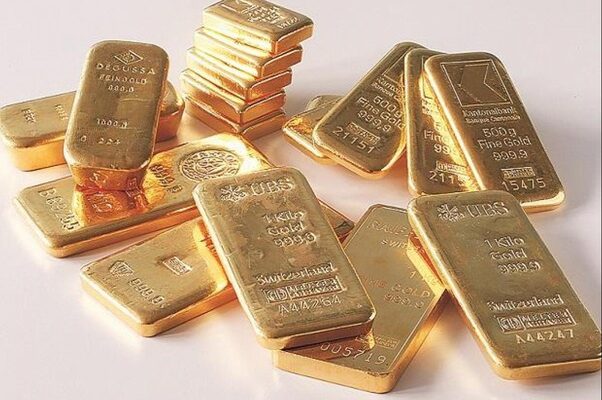Gold Dealers and How They Price Gold

Gold is often in the news. It seems that everything that happens in the world will have an impact on the price of gold. Investors also tend to gauge where the market is going by looking at the price of gold and other precious metals more than they consider the price of stocks and bonds. Even crypto traders on brokerages like Plus500, AvaTrade and eToro (Tip: Wondering what crypto is on eToro? Click here to find out) also turn to gold when the prices of digital coins are going down. So, gold is a big deal and people buy and sell gold for different reasons. Some buy it as a hedge against financial crisis to protect their wealth and others buy gold simply because of its beauty. Whatever the reason might be when prices go up, there is an influx of people looking to buy or sell gold to make a profit.
There are lots of gold dealers that earn a living by buying gold. It could be gold in the form of jewellery or gold in the form of gold bullion coins and gold bars and reselling the gold for a profit. A lot of people think that gold dealers make money when the price of gold is going up. In reverse this would mean if the price stops then the dealer would lose money. The truth is, gold and most precious metal markets are volatile. The price movements can depend on a number of things from political elections to environmental catastrophes. Gold dealers know this, and as business people they are always looking for ways to mitigate risk. Successful dealers are the once who are better prepared for risk or those who manage to avoid the risk altogether.
There are two kinds of gold dealers. You get the dealer that stocks gold inventory and ship in-house. There are gold dealers who broker sales of large sales from wholesalers. Some gold dealers offer the same services, stocking up on new gold products and selling these as well as buying used and old gold and reselling to the public or to refineries. Dealers who buy for the wholesale market will protect their inventory from market fluctuations. This means they keep a close eye on the price of gold going up or going down and trading when they see that they can make a profit.
However, gold dealers are largely unaffected by the fluctuation of the spot price because they can buy gold from customers at a low price and mark the price up. When it comes to gold bullion, they can charge the customer who is buying a price that is slightly close to what they pay when buying from a wholesaler, so essentially they make money on the premium. .
What is this “premium”?
The gold premium is the amount that gold dealers add on to the spot price. You could pay a $60 premium over the spot price when buying your gold bullion from a Mint but, a gold dealer will not necessarily make the same amount when buying and selling the same gold bullion coins. You have to consider that a mint will factor in the money it costs to melt, refine and produce gold bullion products. Government mints usually have a list of approved dealers and they may charge them a 3 percent premium. The gold dealer may end up paying $40 over the spot price for the gold bullion product. You would think that gold dealers will make much more from the sale of minted gold bullion coins but a purchase of bullion bars valued at $14,500 will not necessarily, net the gold dealer much profit. He or she may end up profiting just 1% or something in the region of $100 to $150. This is why a lot of gold dealers run hybrid operations where they buy old gold or scrap to sell to refineries and also buy gold bullion to sell to the public.